2 August 2021
Angelina Kappler
is a Vintner, Sintezza and the German Weinkönigin 2019/2020
Interview on the occasion of 2 August 2021, Holocaust Memorial Day for Sinti and Roma
Kiedy rozmawiałam z matką o doświadczeniach to było dla niej bardzo bardzo trudne i bardzo emocjonalne. Bo oczywiście jest to temat, który wszystkich dotyka, a ona opowiedziała mi co prawda wiele rzeczy, ale powiedziała mi też, że rozmowa z moim dziadkiem była bardzo trudna. Nie mówił o wielu rzeczach, bo były po prostu zbyt traumatyczne. Oczywiście nie chciał obarczać swoich dzieci jego doświadczeniami. To znaczy, nie znamy całego zakresu, całego zasięgu. Antycyganizm i codzienny rasizm, który wciąż dominuje wobec Sinti i Romów. Zarówno moja mama i ja, a także moja młodsza siostra wciąż go doświadczamy aż do dnia dzisiejszego. Nie ma porównania z przeszłością, ale pomaga rozmawiać na te tematy z poperzednim pokoleniem i wiedzieć samemu, jak iść przez życie i jakie trzeba mieć nastawienie, by sobie z tym poradzić. Ale było to dla mnie bardzo, bardzo trudne jak słyszałam o doświadczeniach, które mój dziadek miał w obozie koncentracyjnym. Powiem, że to jest coś, czego nie chce się odtwarzać przez cały czas. Ale dobrze, że o tym wiem i dobrze, że, miejmy taką nadzieję, wielu ludzi o tym wie, bo wtedy coś takiego już nigdy się nie powtórzy. Myślę, że wspominanie idzie w parze z zachowaniem wiedzy, ale także idzie w parze z częstym rasizmem, ponieważ często jest po prostu ignorancją. Dlatego też jest to coś, w co zaangażowane jest nie tylko spoleczeństwo, ale jest to również zadanie dla rządu do wprowadzenia fundamentalnych zmian. Jeśli było jakieś pokolenie, które było oświecone, które po prostu wie, że wszystkie uprzedzenia które nadal istnieją na temat Sinti i Romów, ponieważ wiem, że w szkole zbyt wiele osób miało wobec mnie takie uprzedzenia. Gdyby się coś w tym pokoleniu wydarzyło, to całe pokolenie być może inaczej obchodziło się z tematem uprzedzeń. Te uprzedzenia, które sięgają wielu pokoleń wstecz, są niestety często przekazywane wraz ze wspomnieniami. Myślę, że ten cykl musi zostać przerwany, aby stworzyć dobrą bazę do wzajemnego szacunku, a także zapewnić podstawy, żeby mniejszość, Sinti i Romowie, stali się akceptowaną częścią społeczeństwa. Dlatego ja osobiście idę przez świat i opowiadam moją historię każdemu, kto chce ją usłyszeć i to, co wiem, mając nadzieję, że mogę się do tego trochę przyczynić. Moje przesłanie dla was jest takie, że wszyscy jesteście za to odpowiedzialni. Wszyscy mamy obowiązek utrzymania tej pamięci przy życiu i przekazywania jej następnemu pokoleniu, ponieważ w przeciwnym razie ta pamięć zginie. Obowiązek, aby się zapoznać z historią, a następnie przekazać ją dzieciom, przyjaciołom, kolegom z pracy. Raz po raz zauważam, że kryje się za tym wielka żądza wiedzy. W związku z tym proszę was wszystkich, stawajcie w obronie prawdy, zadbajcie o to, żeby te wspomnienia nie zginęły.
The antiziganism and everyday racism that still prevails against the Sinti and Roma is something that both my mother and I and my younger sister have experienced up to the present day. Of course, it’s no comparison to the past, but it helps to talk about such issues with the generation before and to know for yourself how you go through life and what attitude you have to have in order to cope with it. But the concrete experiences that my grandfather had in the concentration camp were very difficult for me to hear. I’d say that’s something you don’t want to repeat all the time. But it’s good for me to know that and it’s good that hopefully many people know that, because then something so bad can hopefully never happen again.
I think that remembering but also preserving knowledge goes hand in hand and also goes hand in hand with frequent racism, because is often just ignorance. That’s why it’s something that not only the population is involved in, but I also see it as the government’s task to make fundamental changes. If there were a generation that was enlightened, that simply knew that all the prejudices that still exist about Sinti and Roma, because I know, too many people always held these prejudices against me when I was at school. If something were to happen, then perhaps a whole generation would deal with the subject in a completely different way. Unfortunately, these prejudices, which go back many generations, are often passed on with the memories. I believe that we have to break this cycle and then we will have a good basis for showing more respect and also for providing a basis for the future so that the minority, the Sinti and Roma, become an accepted part of society. That is why I personally go around the world and tell everyone who wants to hear about my story and what I know, in the hope that I can contribute a little.
My message to you would simply be that you all have a responsibility. We all have a duty to keep this memory alive and to pass it on to the next generation because otherwise it will die out. To know this, pass it on to your children, to your friends, to your colleagues. I notice again and again that there is simply a great thirst for knowledge behind it. That’s why I ask all of you to be strong and make sure that these memories don’t die out.
Statements 2021
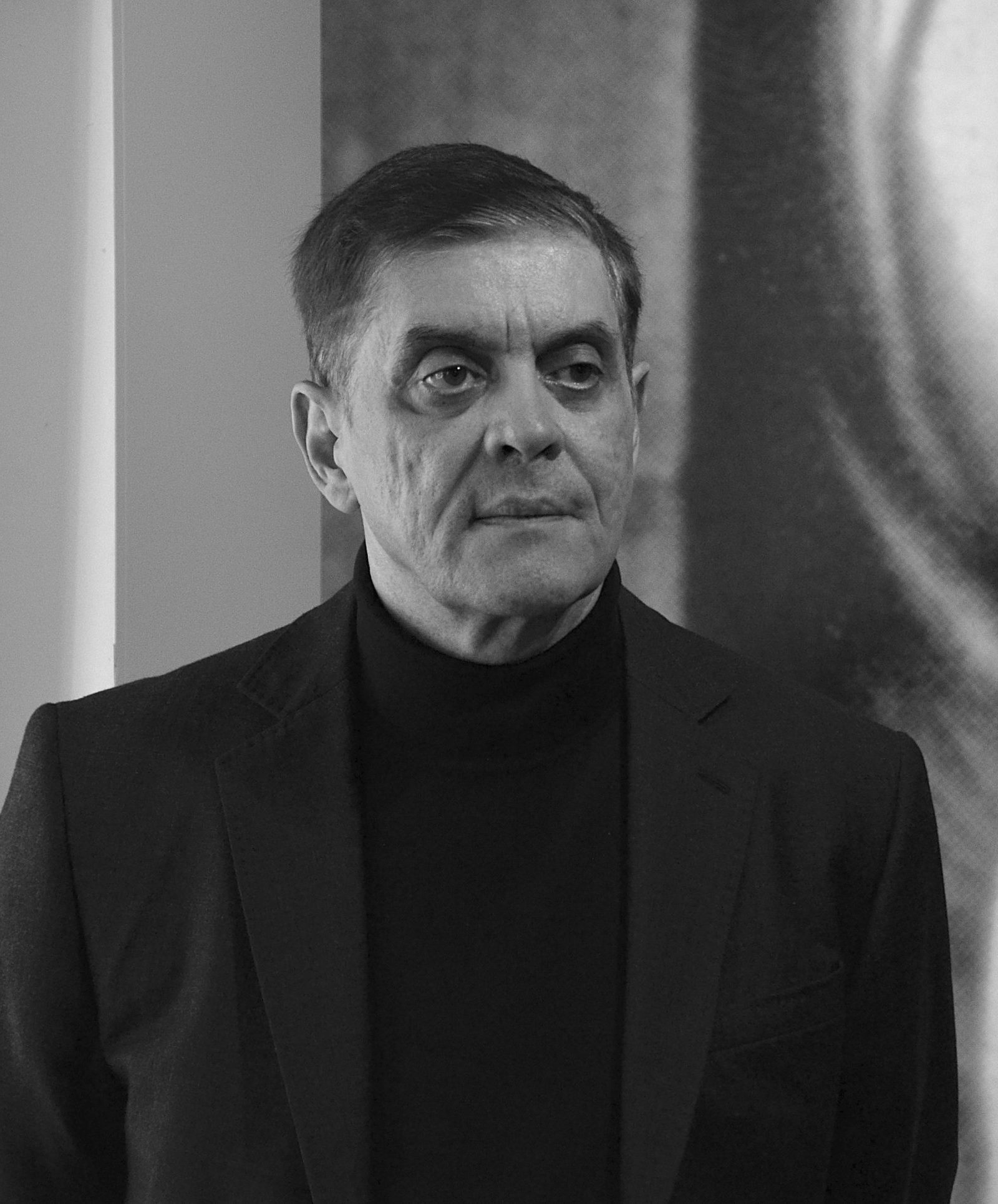
Romani Rose
Przewodniczący Centralnej Rady Niemieckich Sinti i Romów

Katarina Barley
Vice President of the European Parliament
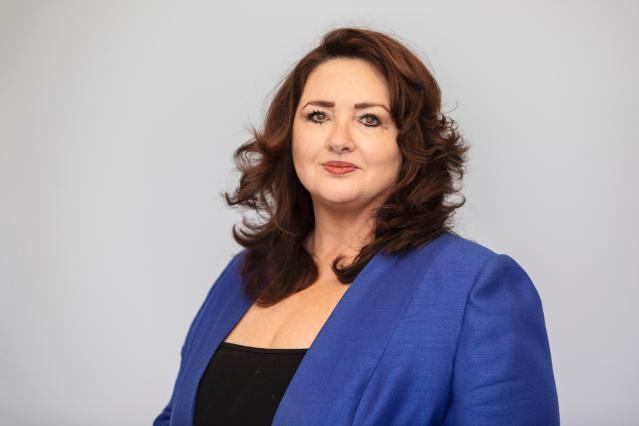
Helena Dalli
Komisarz ds. Równości Unii Europejskiej
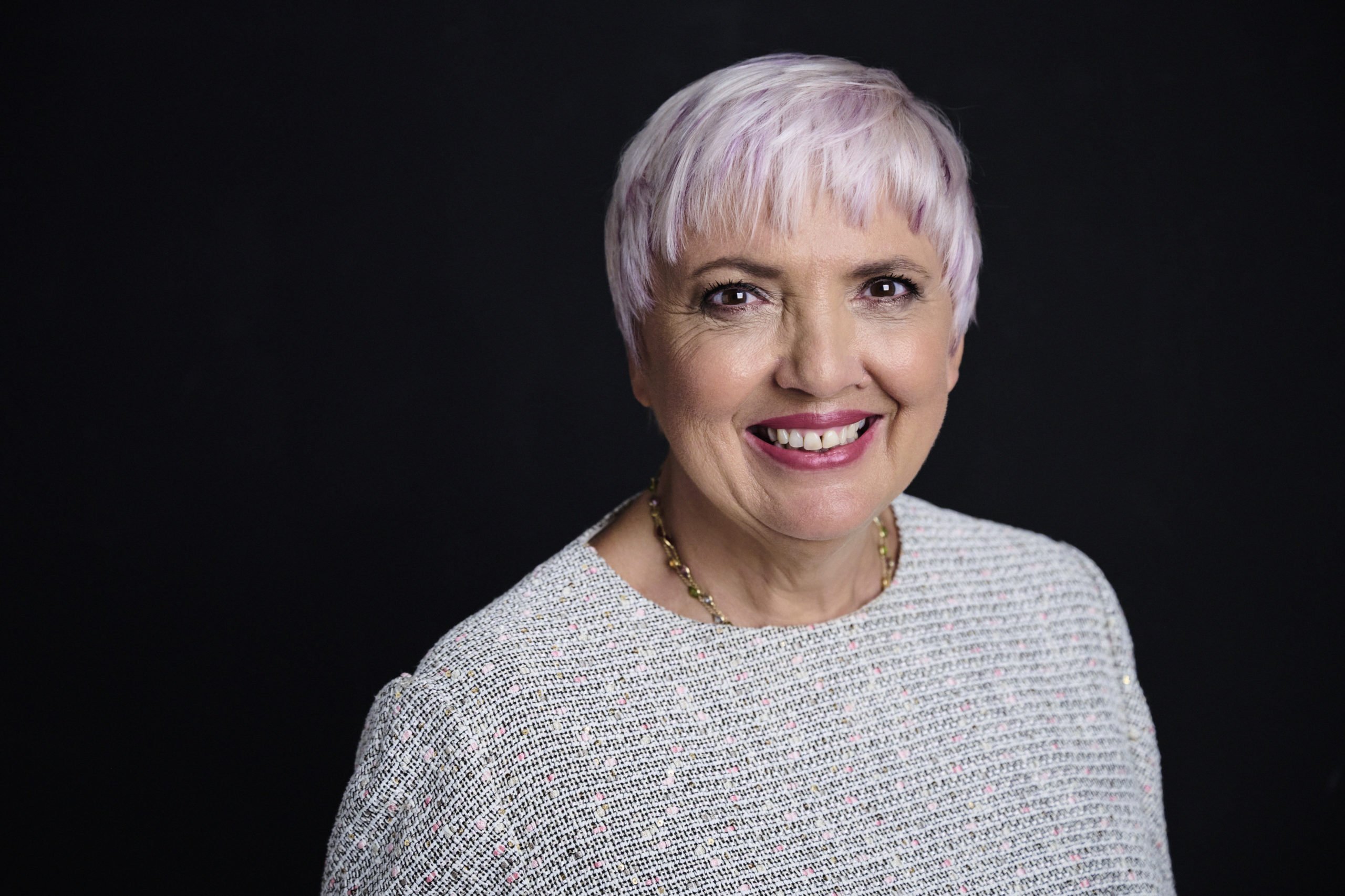
Claudia Roth
Vice President of the German Bundestag
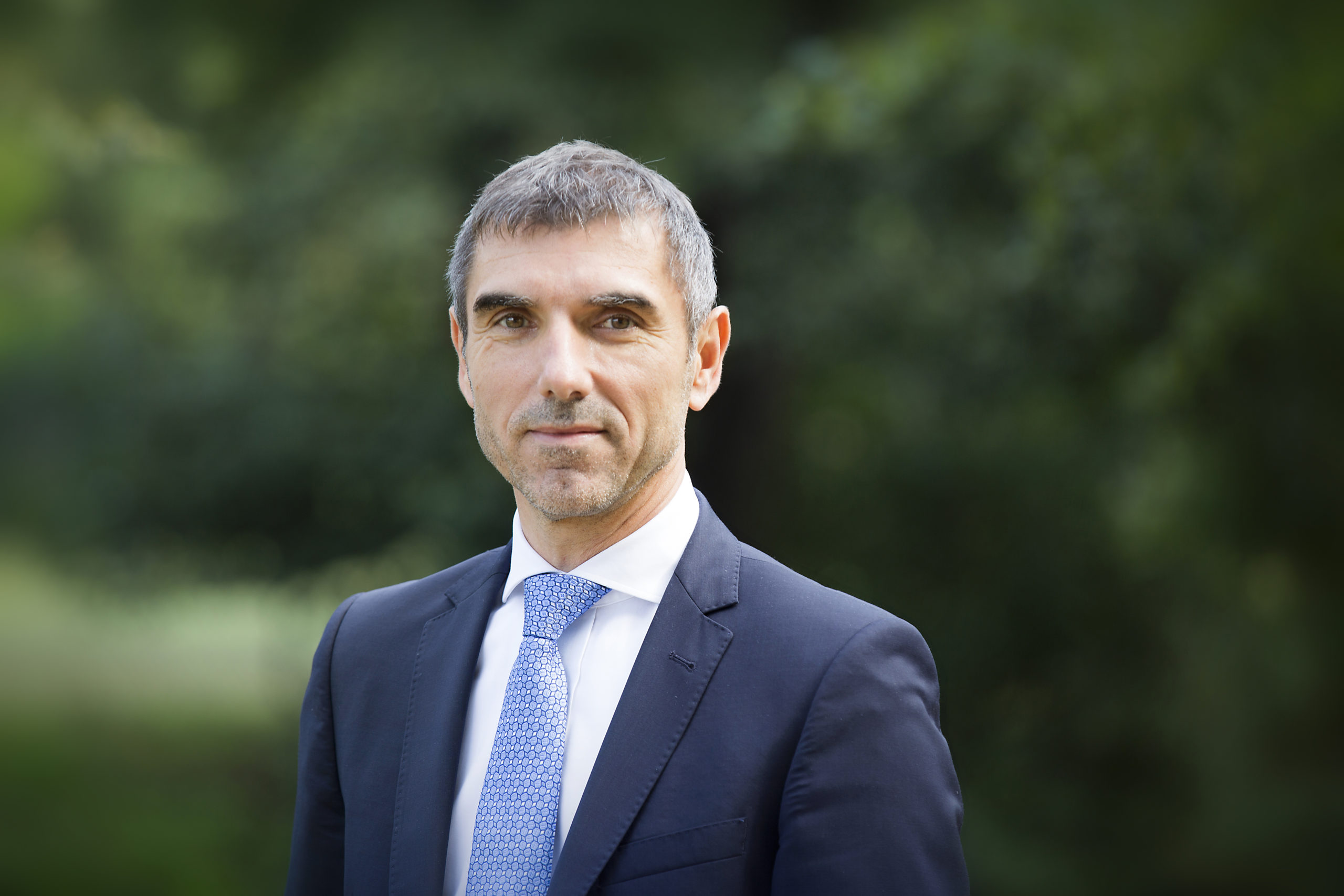
Paul Blokhuis
Dutch State Secretary Paul Blokhuis
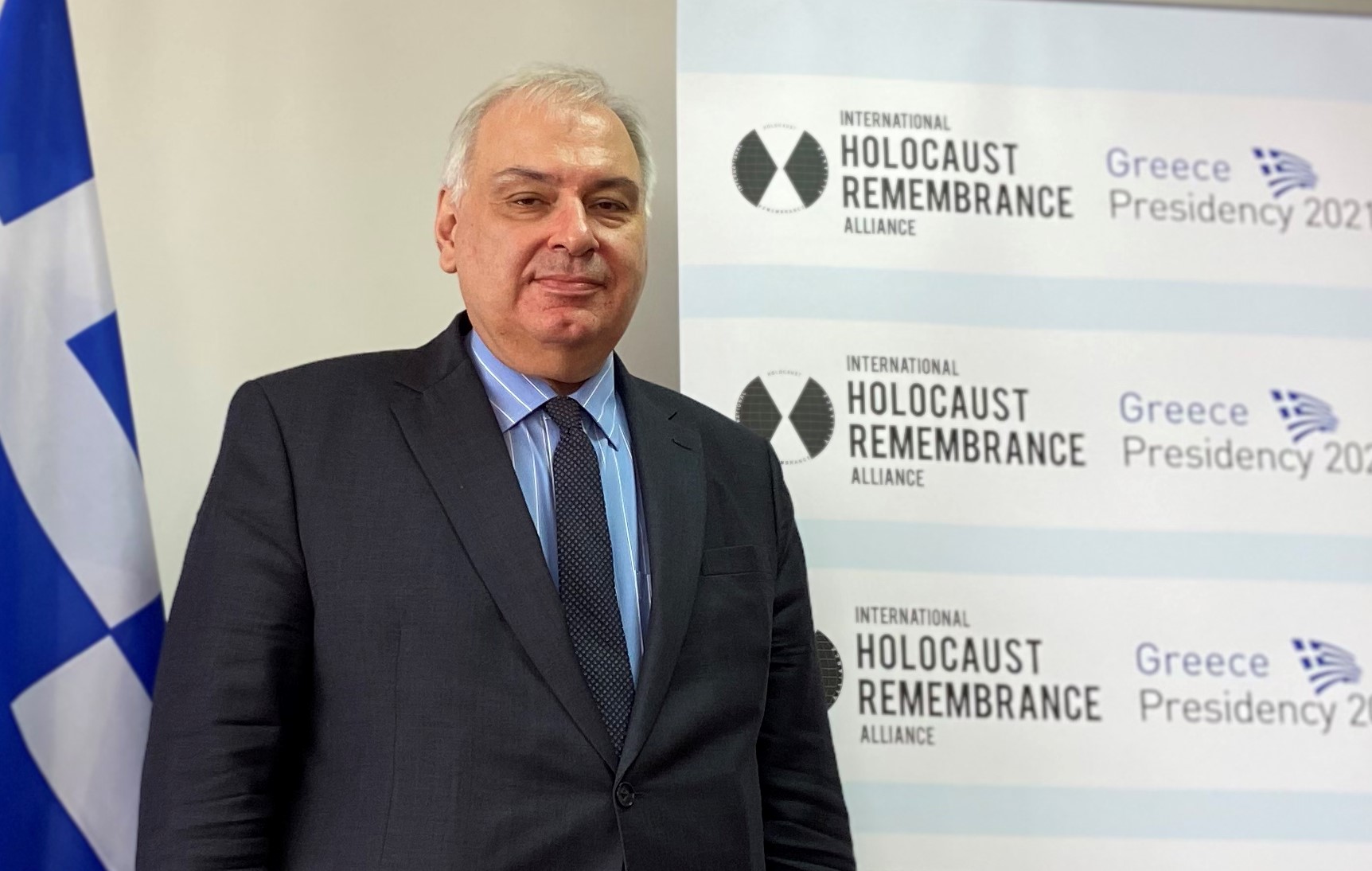
Chris J. Lazaris
Amb. Chris J. Lazaris, IHRA Chairman
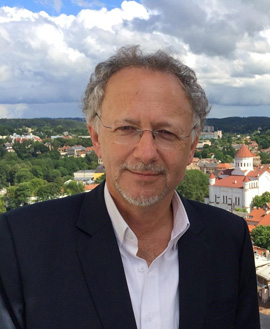
Fernand des Varennes
UN Special Rapporteur UN minorities
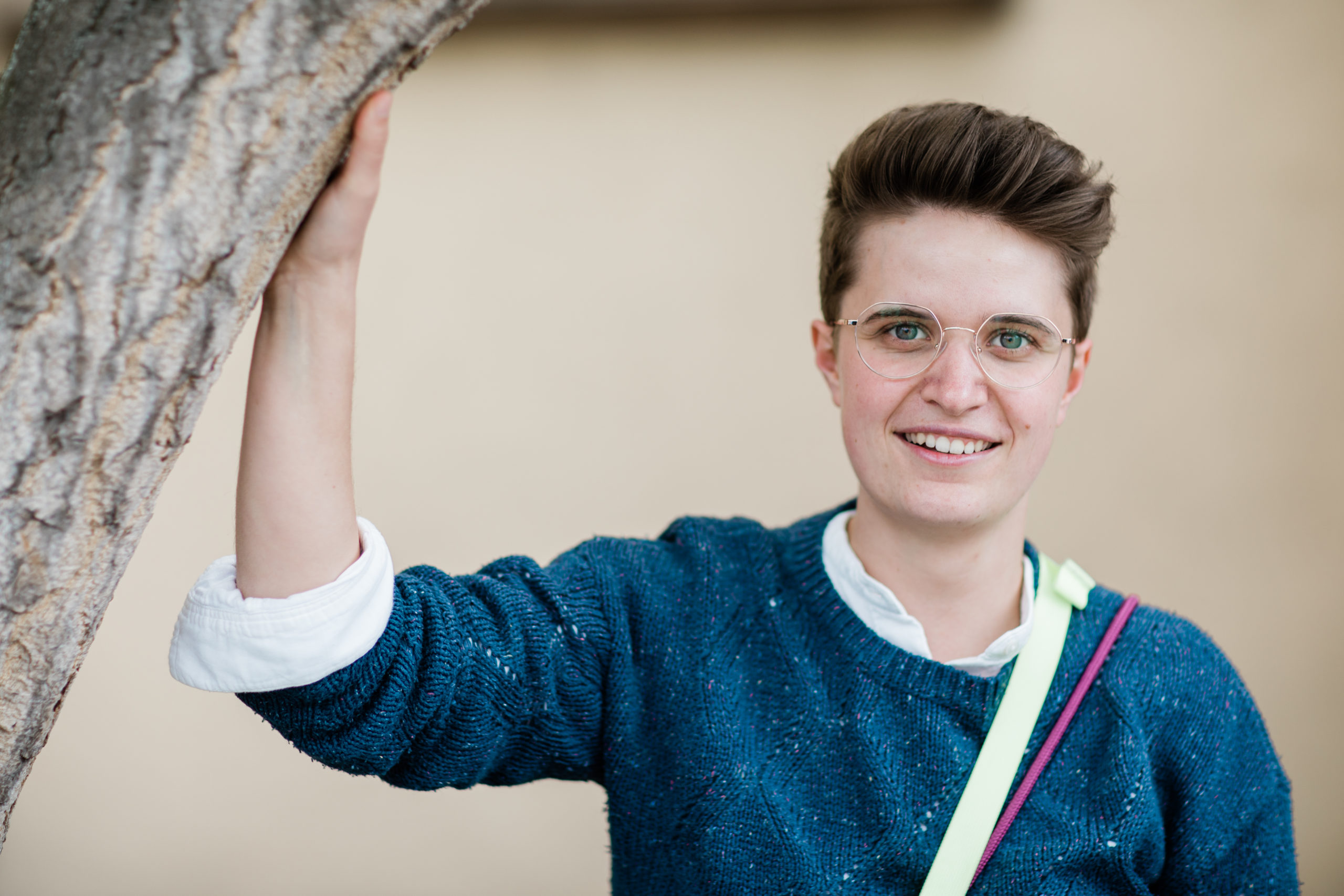
Anna-Nicole Heinrich
President of the Synod of the Evangelical Church in Germany (EKD)

Justin Trudeau
Prime Minister of Canada
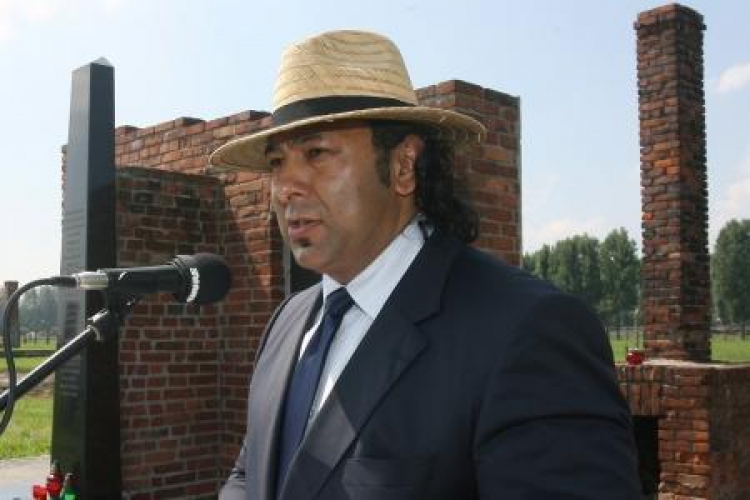
Roman Kwiatkowski
Chairman of the Association of Roma in Poland
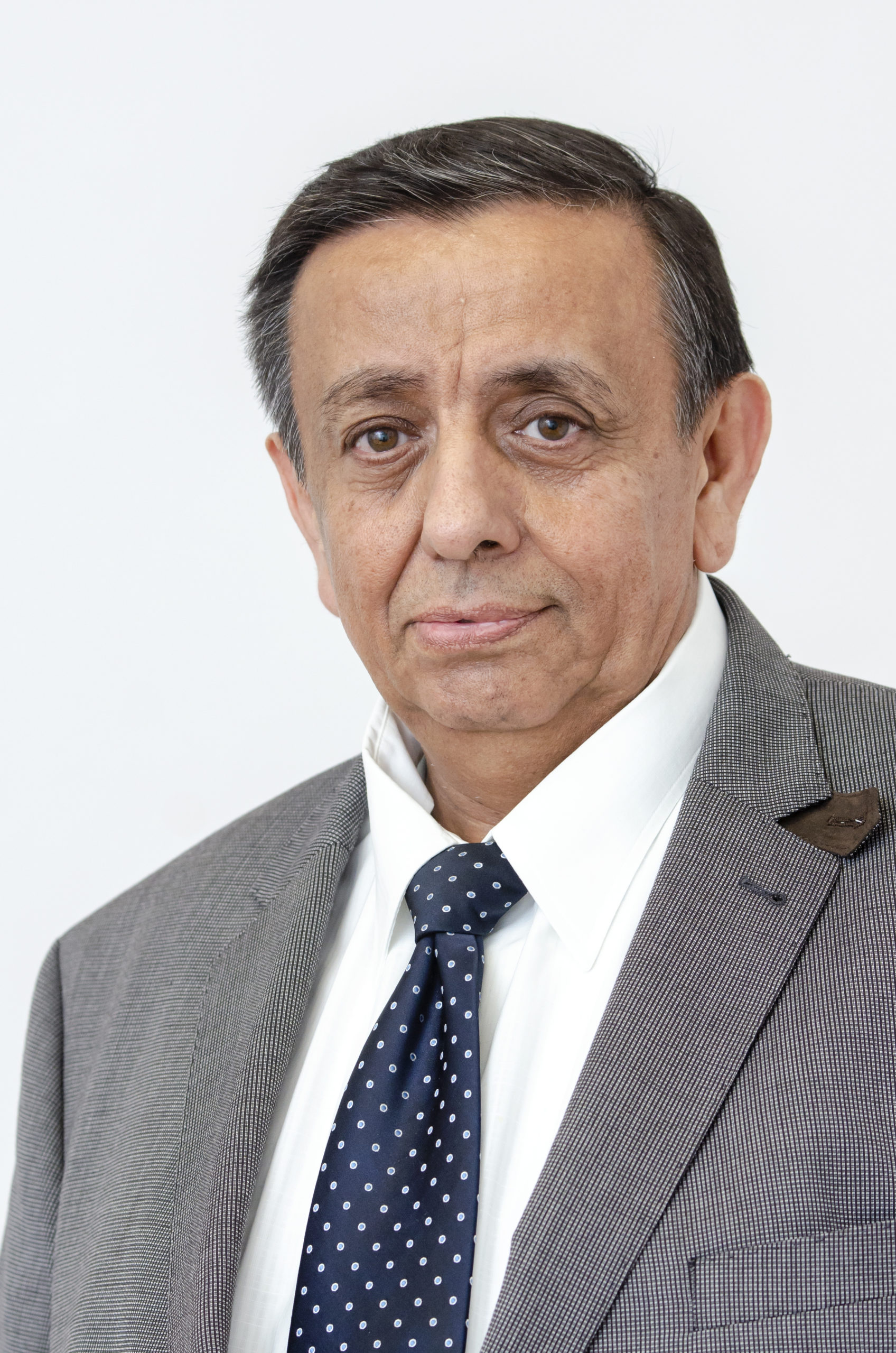
Erich Schneeberger
Deputy Chairman of the Documentation and Cultural Center of German Sinti and Roma and Chairman of the Association of German Sinti and Roma
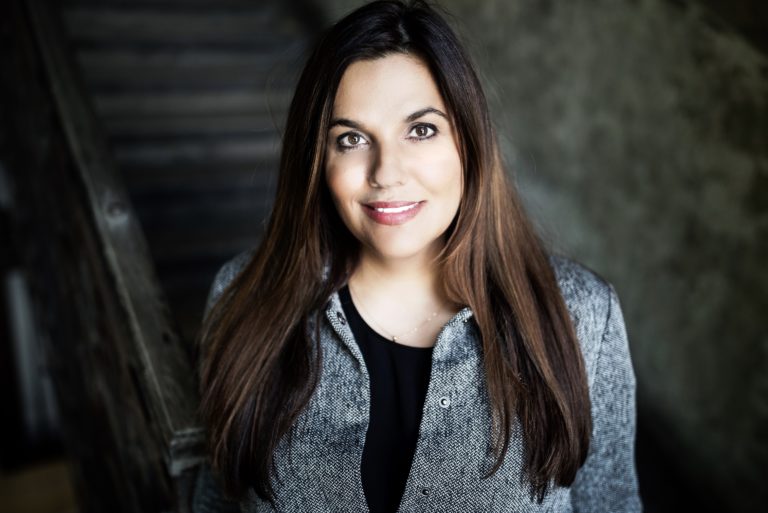
Timea Junghaus
Executive Director
European Roma Institute for Arts and Culture (ERIAC)
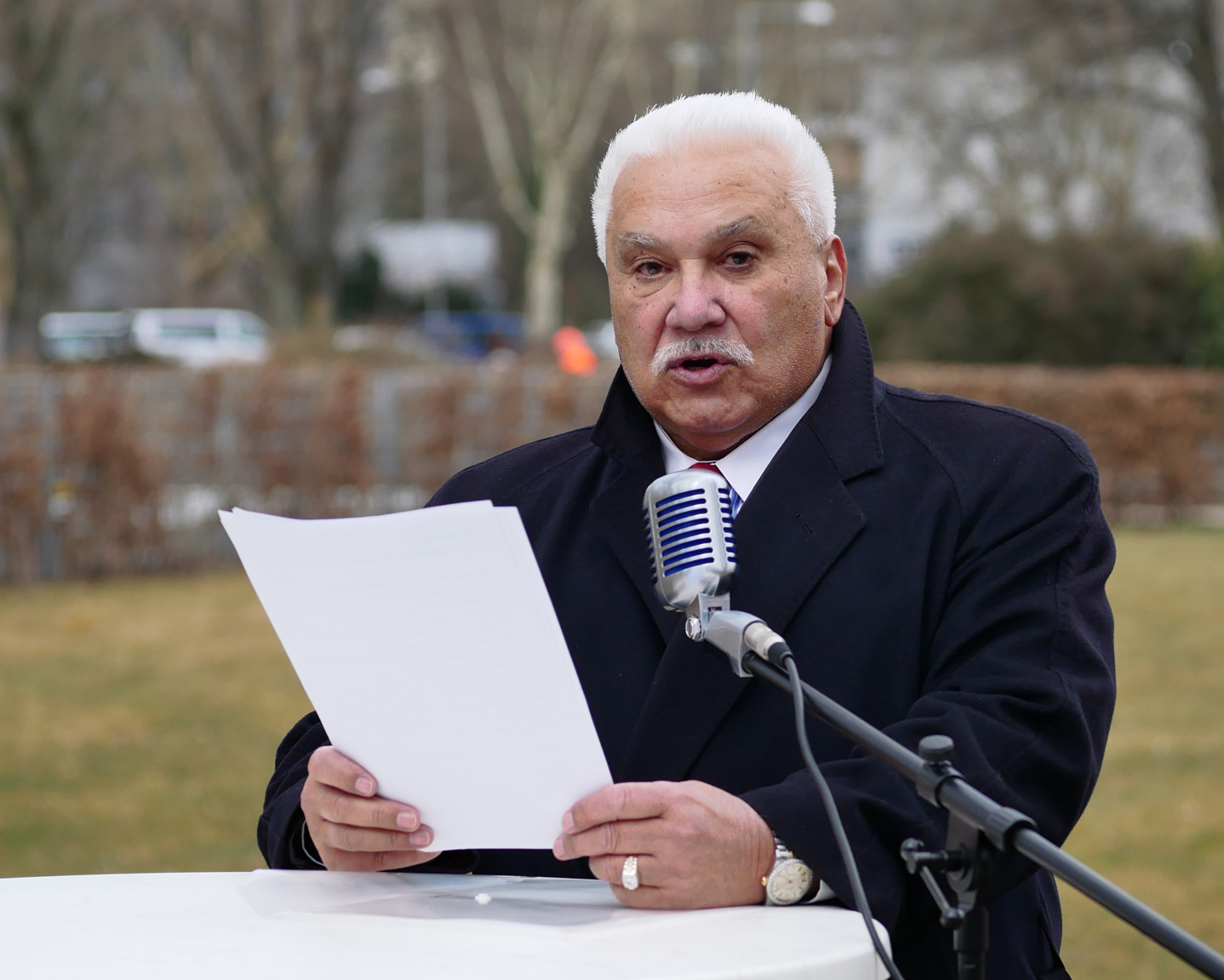
Adam Strauß
Chairman of the Council of German Sinti and Roma in Hesse
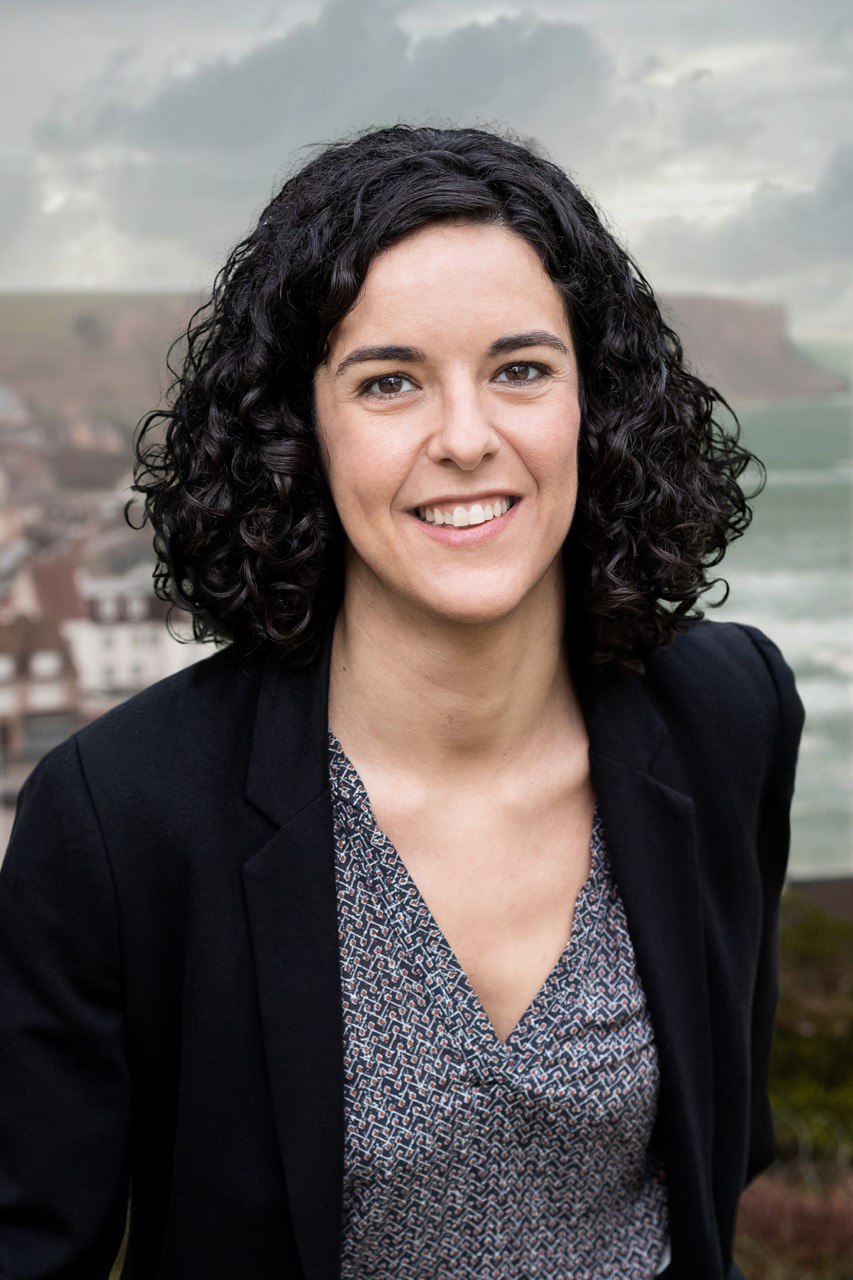
Manon Aubry
Manon Aubry, MEP
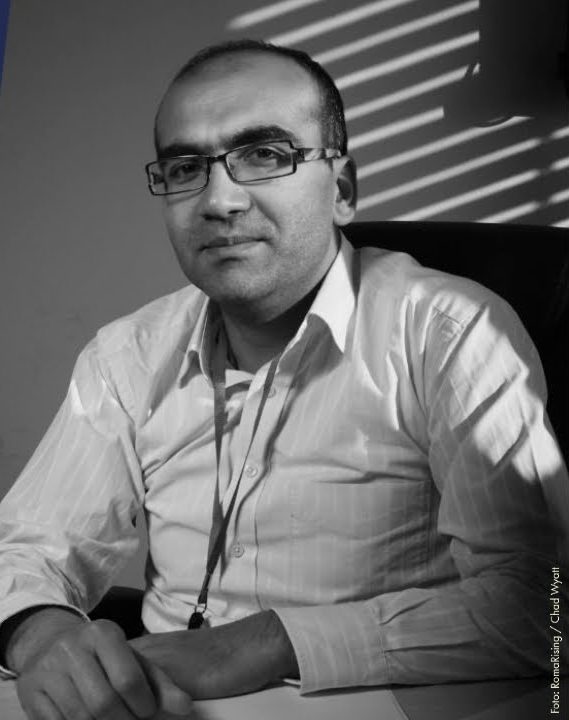
Adrian-Nicolae Furtuna
Historian at the University of Bucharest
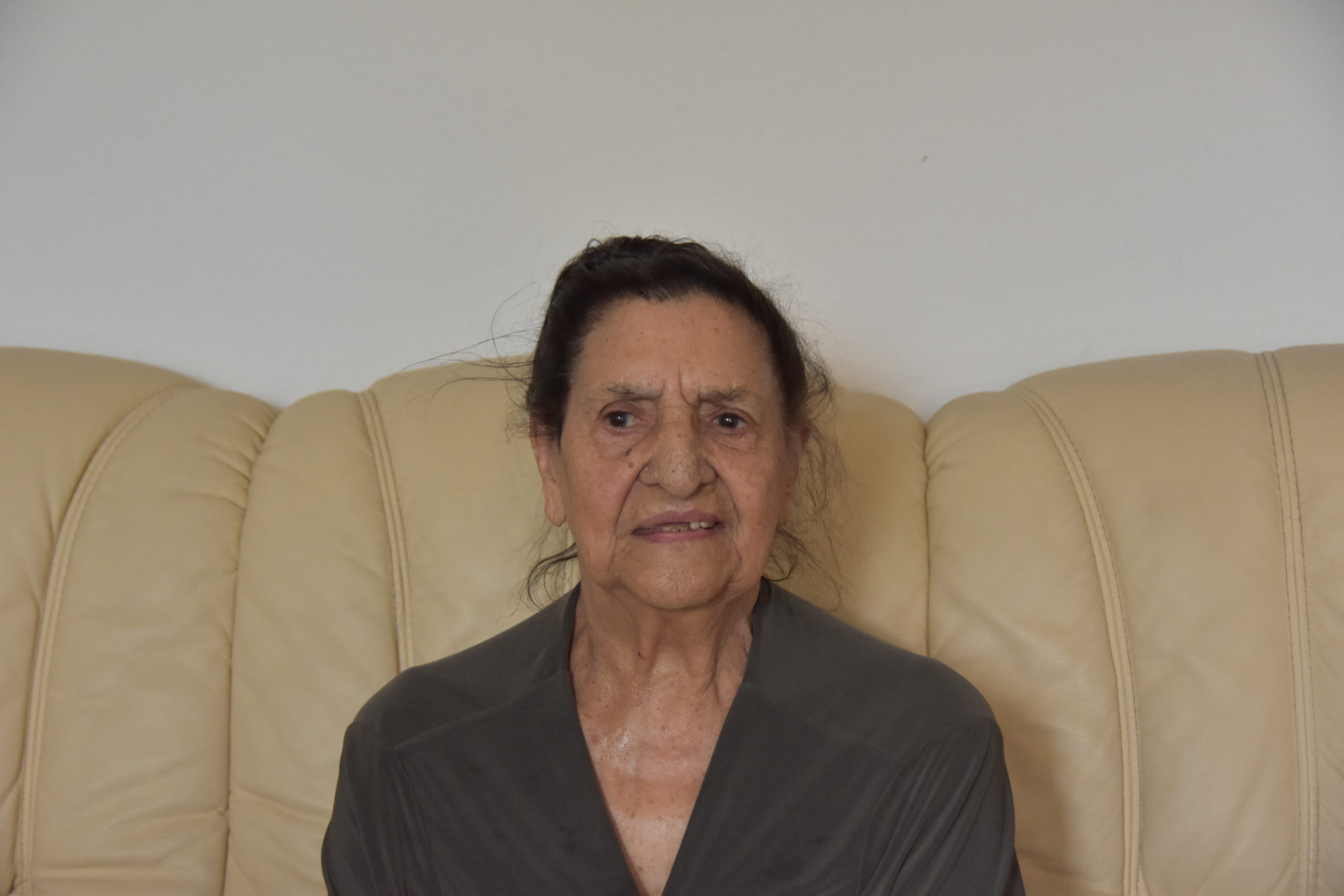
Philomena Franz
Holocaust Survivor

Angelina Kappler
German former Weinkönigin
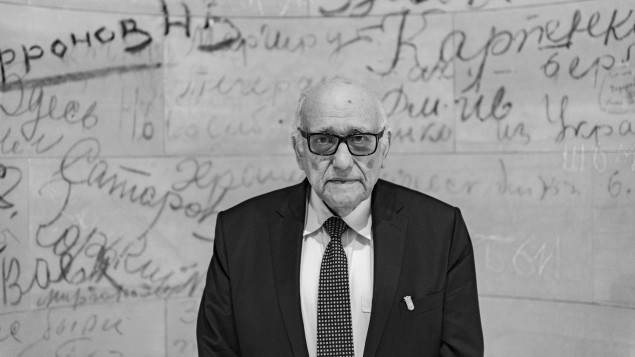
Marian Kalwary
Chairman of the Association of Jews,
Survivors and Victims of the Second World War

Piotr Gliński
First Deputy Prime Minister and the Minister of Culture and National Heritage of Poland
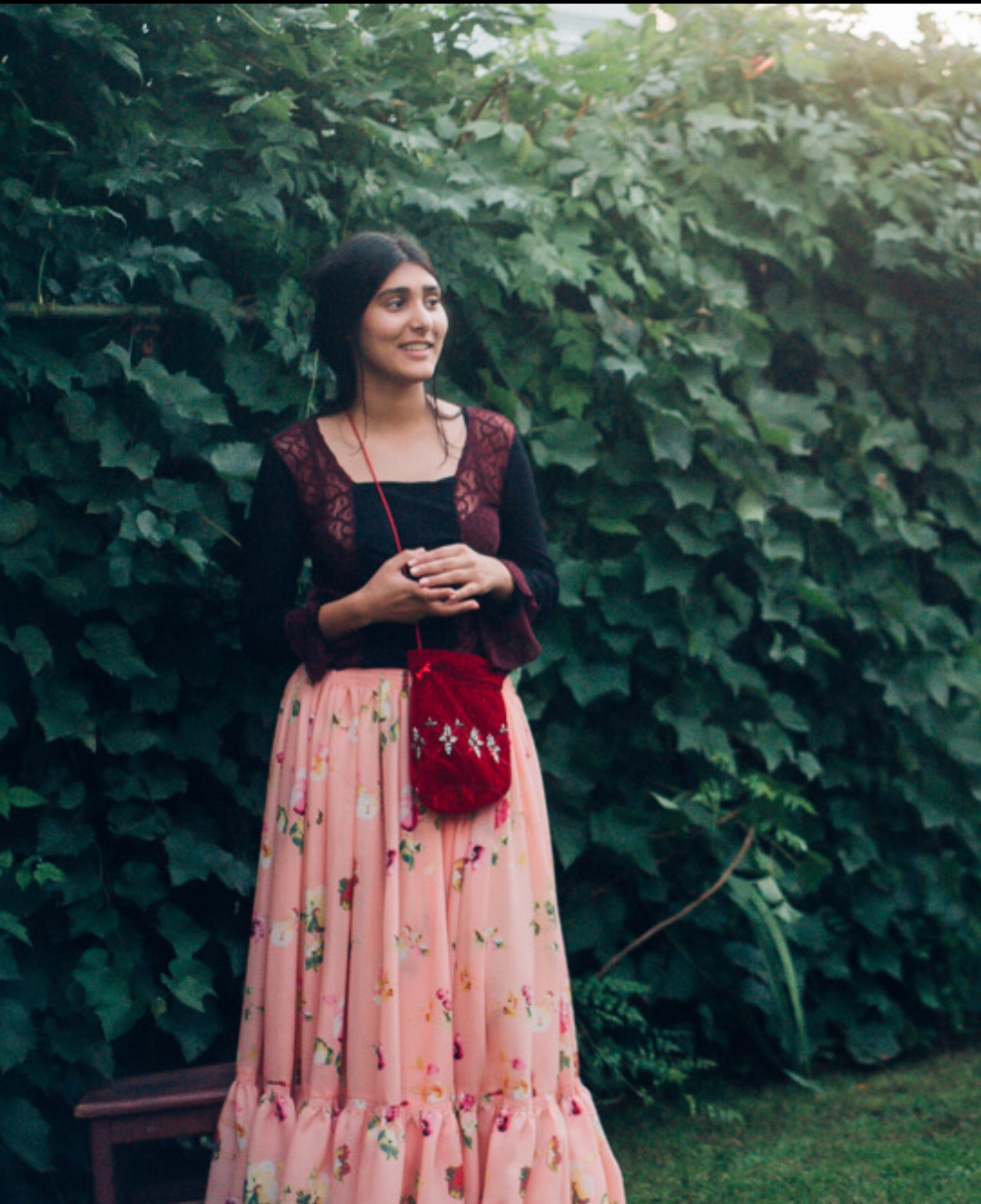
Izabela Tiberiade
Young Activist from Sweden
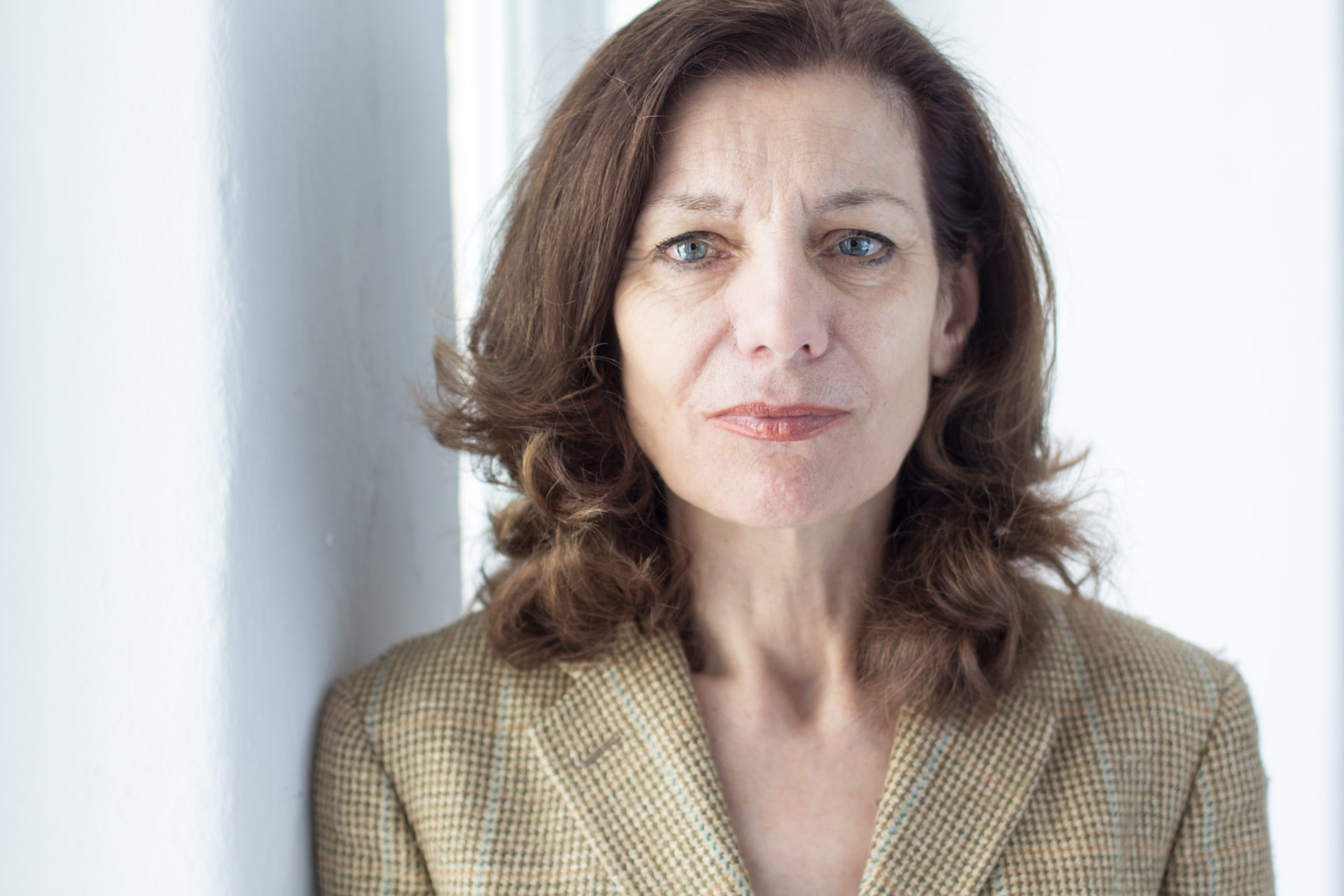
Ursula Krechel
Writer
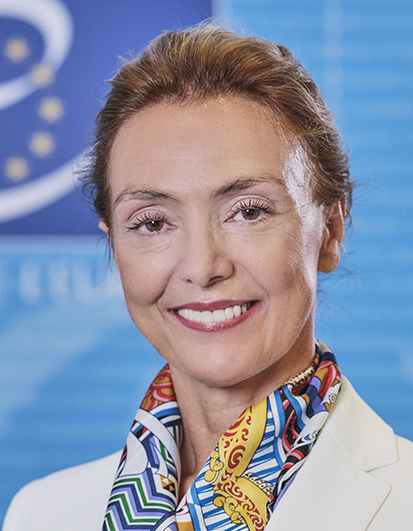
Marija Pejčinović Burić
Sekretarz Generalny Rady Europy
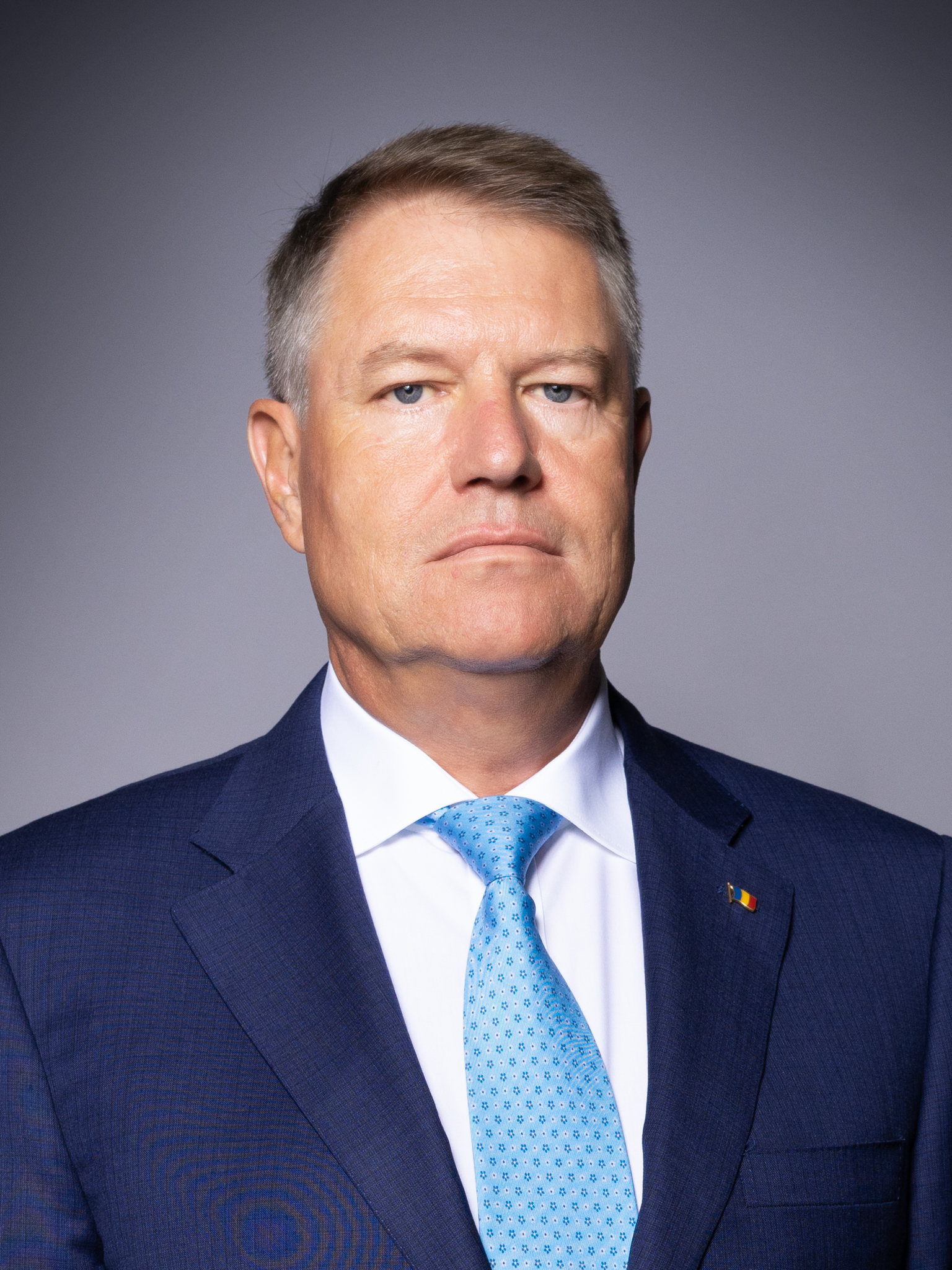
Klaus Iohannis
Prezydent Rumunii










